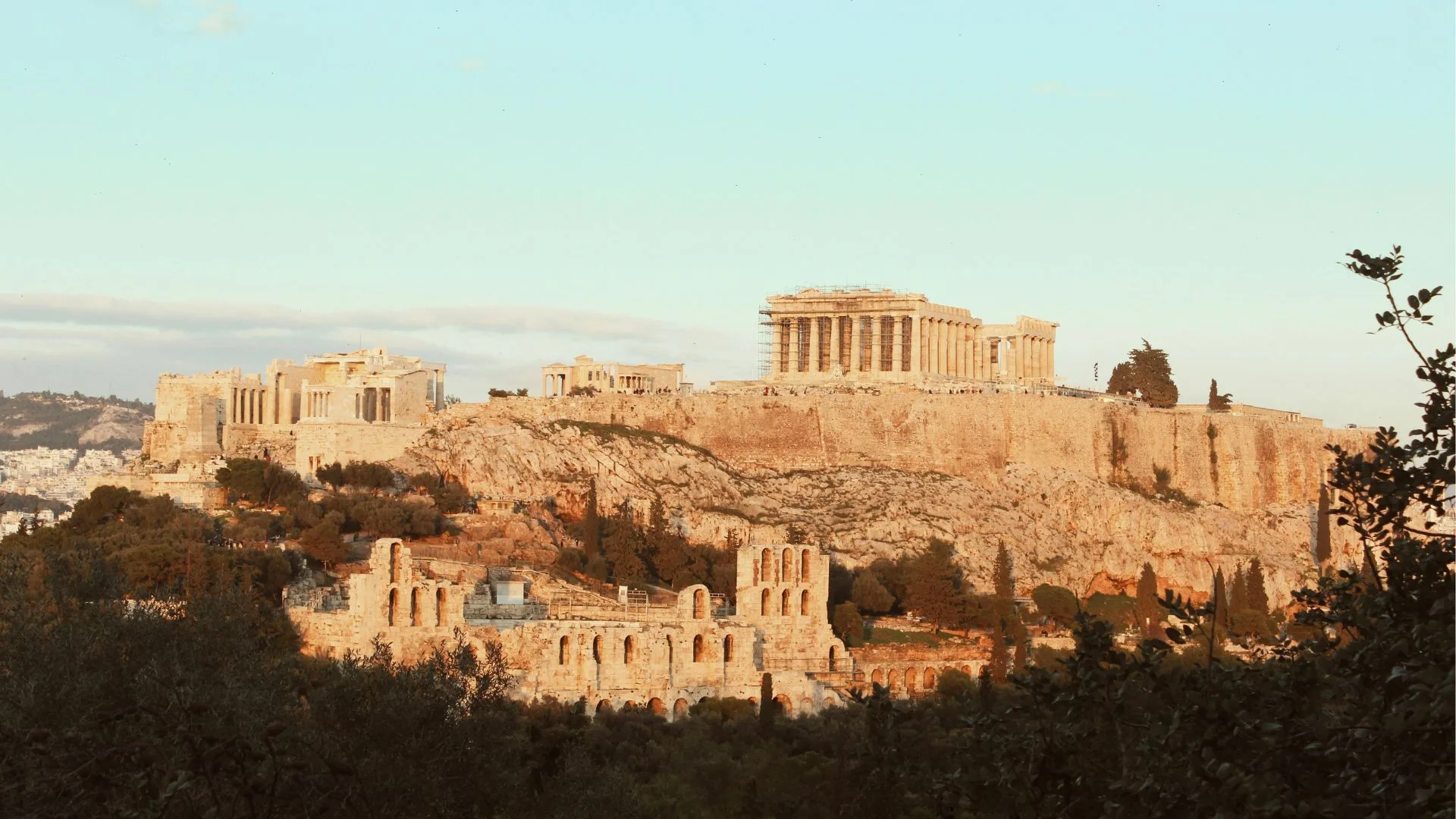Five iconic Greek cities—Athens, Thessaloniki, Corfu, Rhodes, and Patmos—face serious climate threats, according to a new UNESCO-backed report. The study warns that extreme heat, droughts, floods, and rising sea levels could inflict irreversible damage on their World Heritage Sites by the end of the century, ta nea, has reported.
The report, produced in collaboration with the Group on Earth Observations and Greece’s National Observatory, analyzed 114 World Heritage Cities in the Mediterranean. It reveals that more than half will be exposed to at least two major climate threats. Coastal sites are particularly vulnerable, with sea levels expected to rise between 0.5 and 0.67 meters.
The five Greek sites under threat include the Acropolis in Athens, the medieval city of Rhodes, the Old Town of Corfu, early Christian and Byzantine monuments in Thessaloniki, and Patmos’ historic center with the Monastery of Saint John and the Cave of the Apocalypse.
Grouped within the Eastern Mediterranean zone—alongside Cyprus, Israel, Lebanon, Palestine, Syria, and Turkey—these cities are among the most vulnerable. They already face intense storms and dramatic temperature increases, with projections showing up to 4.3°C rise and prolonged heatwaves exceeding two months per year.
Dr. Evangelos Gerasopoulos of the National Observatory of Athens stated:
“We hope to raise global awareness about the climate crisis and the real threat it poses to our living heritage.”
The message is clear: without swift global action, some of the world’s most treasured cultural landmarks may soon be lost to climate change.
Source: tanea.gr
